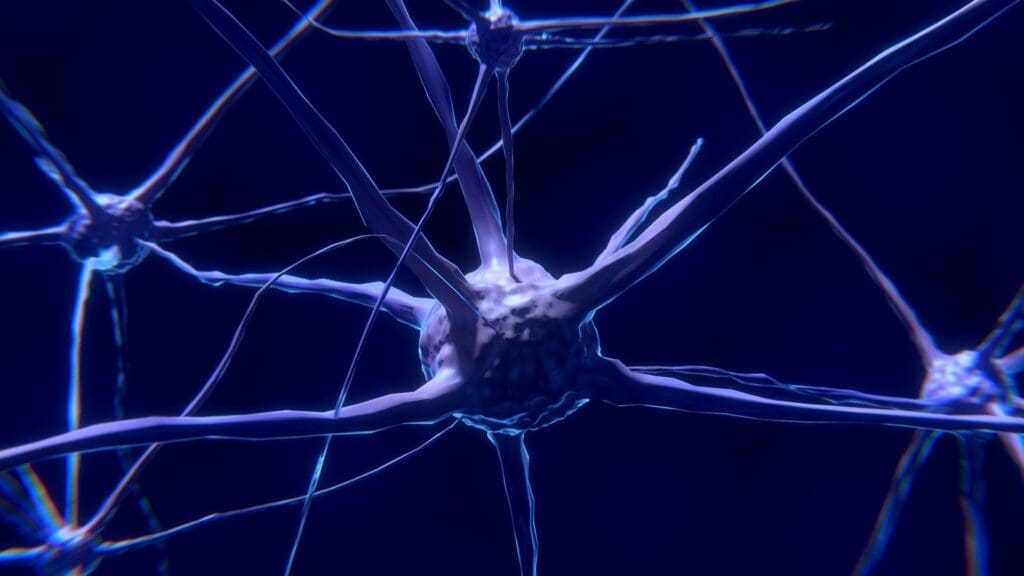Dopamine promotes willingness to wait
A research team at the University of Cologne has investigated the influence of dopamine on decision-making processes in an extensive study. L-DOPA, a precursor of the neurotransmitter, increases the release of dopamine in the brain and makes people willing to wait longer for rewards. The effect corresponds to a reduction in impulsivity of about 20 percent compared to a placebo group. The results contradict previous studies with small samples, which suspected an increase in impulsivity. The study was published in the Journal of Neuroscience.
People often prefer smaller immediate rewards over larger delayed ones, a hyperbolic discounting associated with impulsivity. Strong discounting occurs when the dopamine system is altered, for example in addictive disorders. Previous research on dopamine has yielded conflicting results due to small samples. The new study with 76 healthy participants took into account individual differences in dopamine function.

In a randomized, placebo-controlled, double-blind study, subjects chose between smaller immediate and larger delayed reward. L-DOPA increased the willingness to wait without changing the magnitude effect, in which larger rewards lose value more slowly. Cognitive modeling showed no effect on evidence accumulation, caution, or processing speed. Indicators such as working memory, eye blinking frequency or impulsivity did not influence the effect, which calls into question their role as dopamine markers.
The findings clarify dopaminergic mechanisms in decisions and explain impulsive behaviors in disorders. Future studies could investigate effects in patients in order to develop interventional approaches.
Original Paper:
Editor: X-Press Journalistenbû¥ro GbR
Gender Notice. The personal designations used in this text always refer equally to female, male and diverse persons. Double/triple naming and gendered designations are used for better readability. ected.




